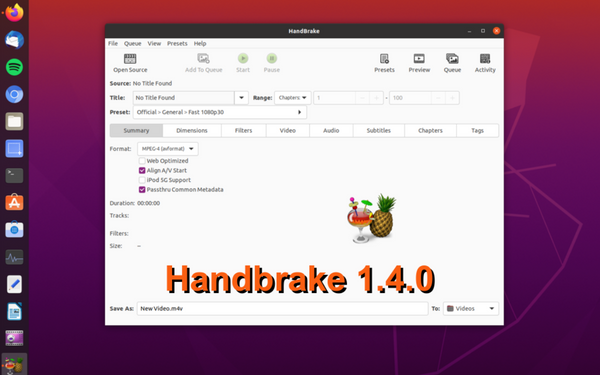The free and open-source AV1 video codec has been gaining increasing popularity in recent years. Streaming video services like YouTube and Netflix have started offering AV1-encoded video to devices that support it, and hardware-accelerated encoding and decoding are becoming mainstream in more GPUs, phone SoCs, and other hardware.
Even open-source software initiatives are starting to catch on. Handbrake, a video converting tool, now supports AV1 alongside the Open Broadcaster Software (OBS) package, which has been increasing its AV1 capabilities in recent updates. Yesterday’s update, 1.6.0, brought with it the ability to encode AV1 video using either the CPU-based SVT-AV1 software encoder or Intel’s AV1-capable QuickSync video encoder featured in its Arc GPUs.
The newest graphics processing units (GPUs) from Nvidia and AMD, the RTX 4000 and RX 7000 series, respectively, provide hardware encoding capability for AV1, but the necessary software integration has not yet been added to Handbrake.
Technology giants including Google, Netflix, Amazon, Intel, and Microsoft collaborated to create AV1, an open-source video codec. In the same way that the newer H.265/HEVC codec offers significantly more effective video compression than the older H.264 codec, AV1 enables streaming of 4K and HDR video without requiring a large increase in bandwidth in comparison to 1080p video. There are no licencing fees associated with adding AV1 functionality, unlike the HEVC codec.
As of this writing, HEVC’s key advantage over AV1 is that it is supported by a far broader range of hardware generations from the vast majority of major manufacturers. Some of Roku’s higher-end streaming devices are able to decode AV1 video, but Google allegedly sought to force Roku to add this capability to their entire product range, prompting Roku to fight back. Even though Apple is an AOMedia member and has added some basic AV1 support to its developer documentation, its plans for AV1 remain unclear. This is because Apple’s most recent Apple Silicon chips either do not support hardware-accelerated AV1 decoding and encoding or do not have this feature enabled.

Subtly charming pop culture geek. Amateur analyst. Freelance tv buff. Coffee lover
